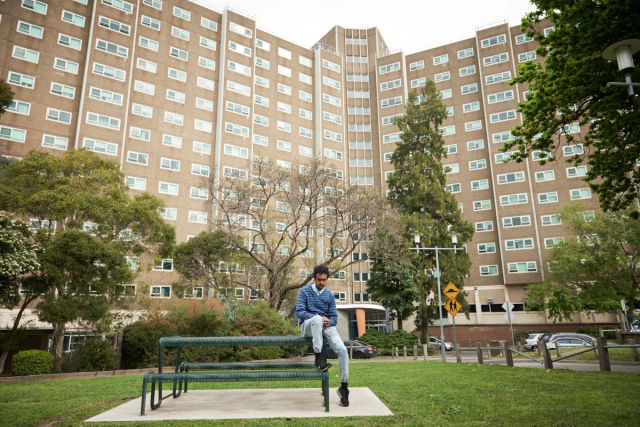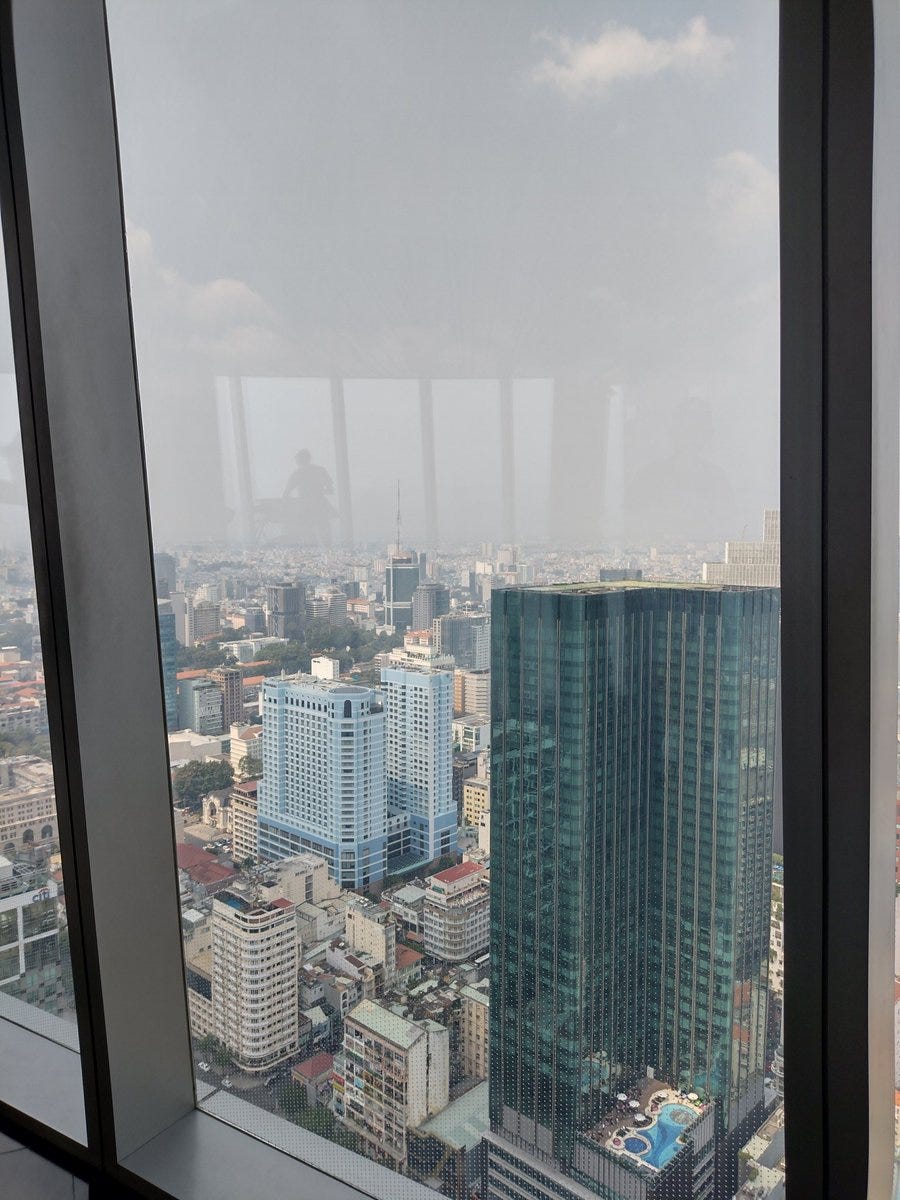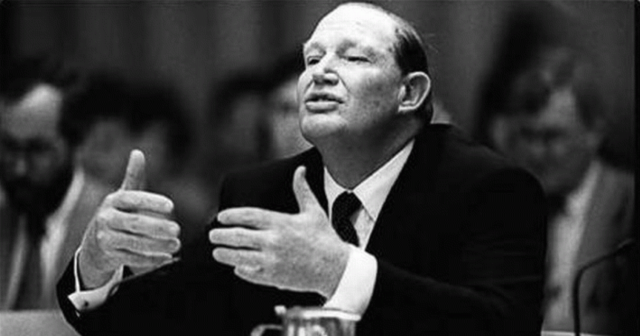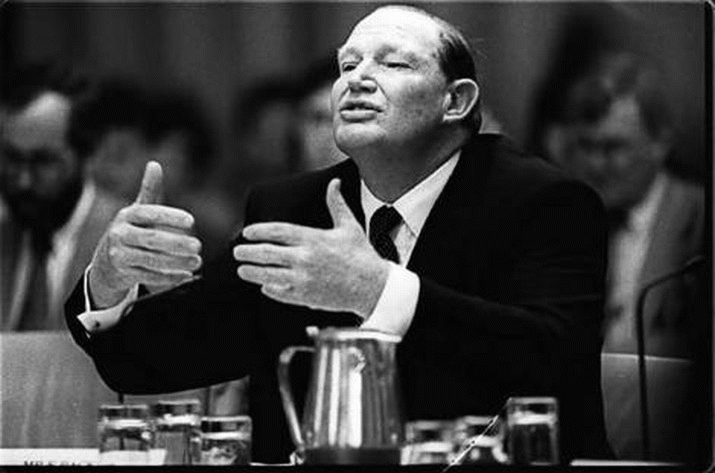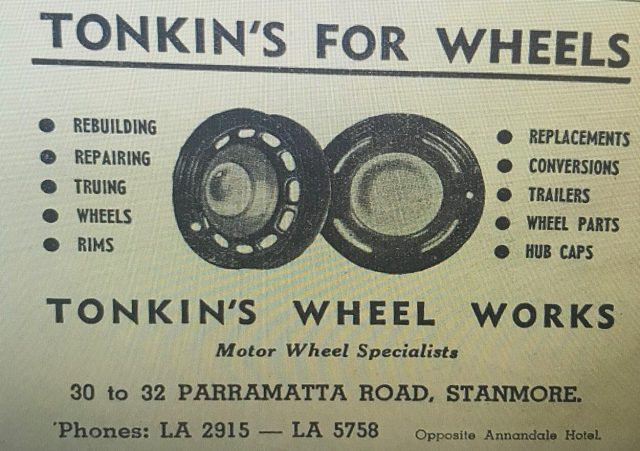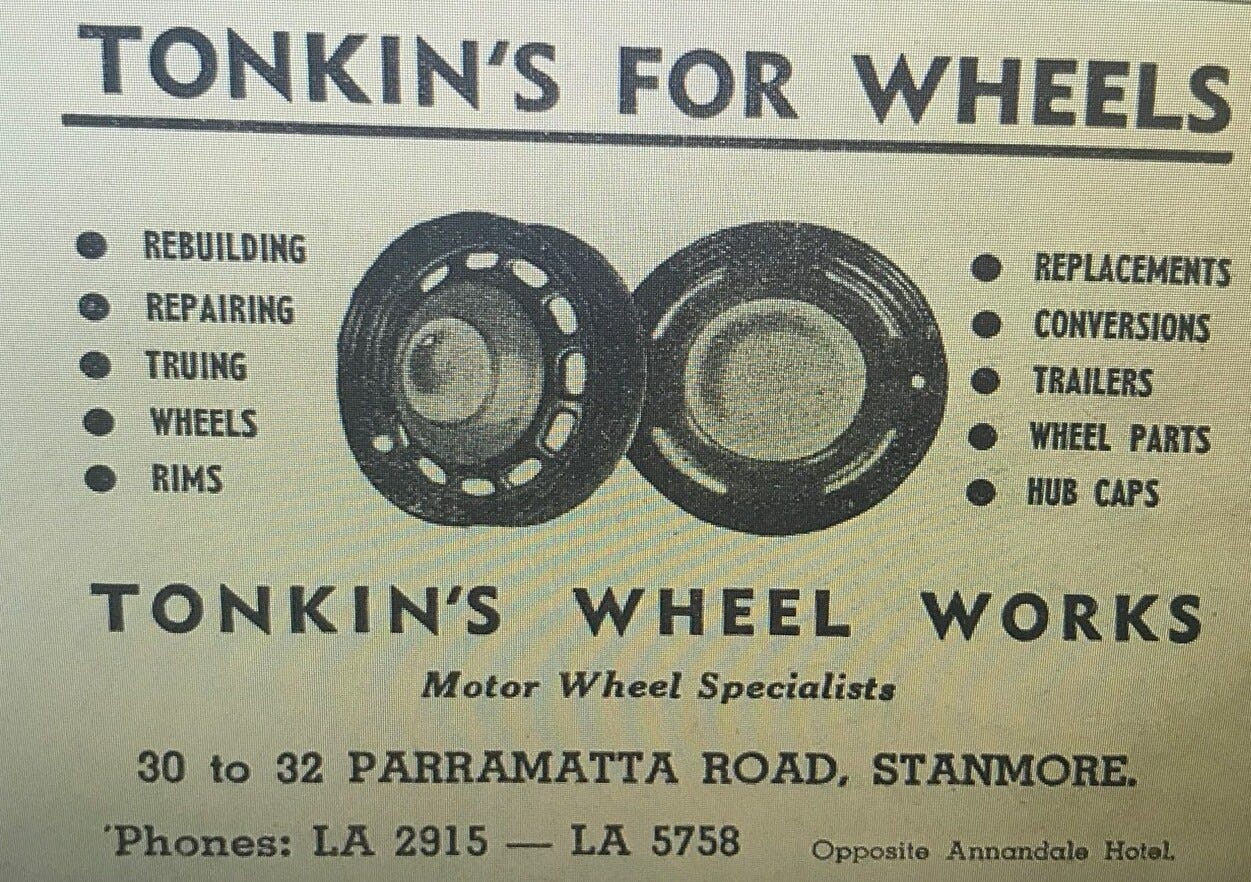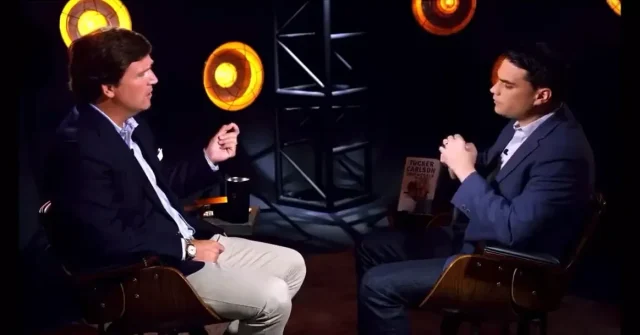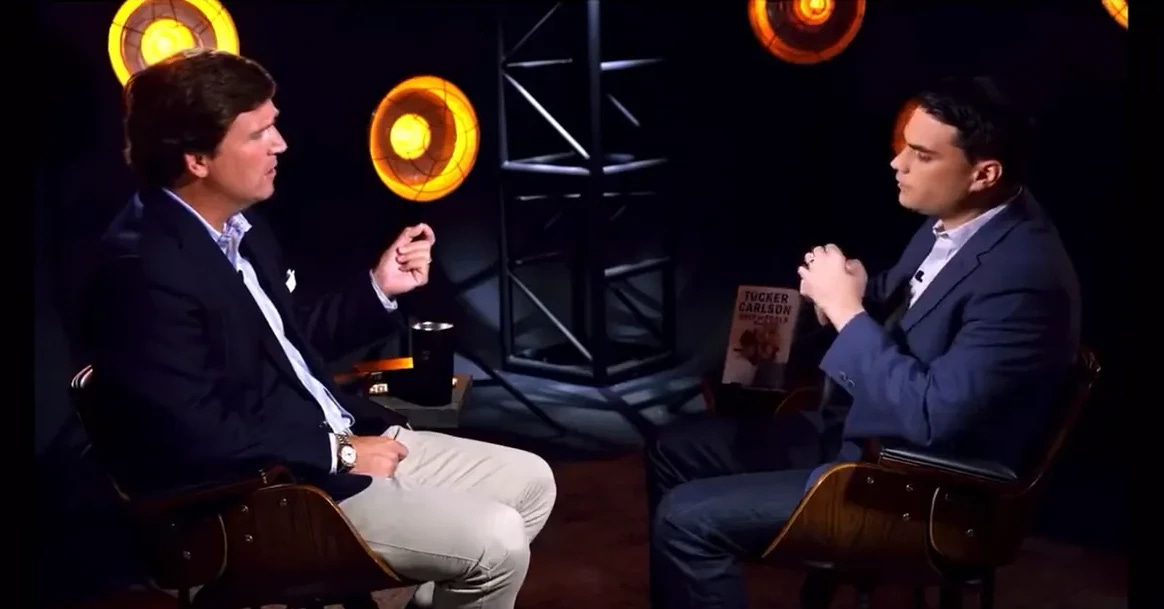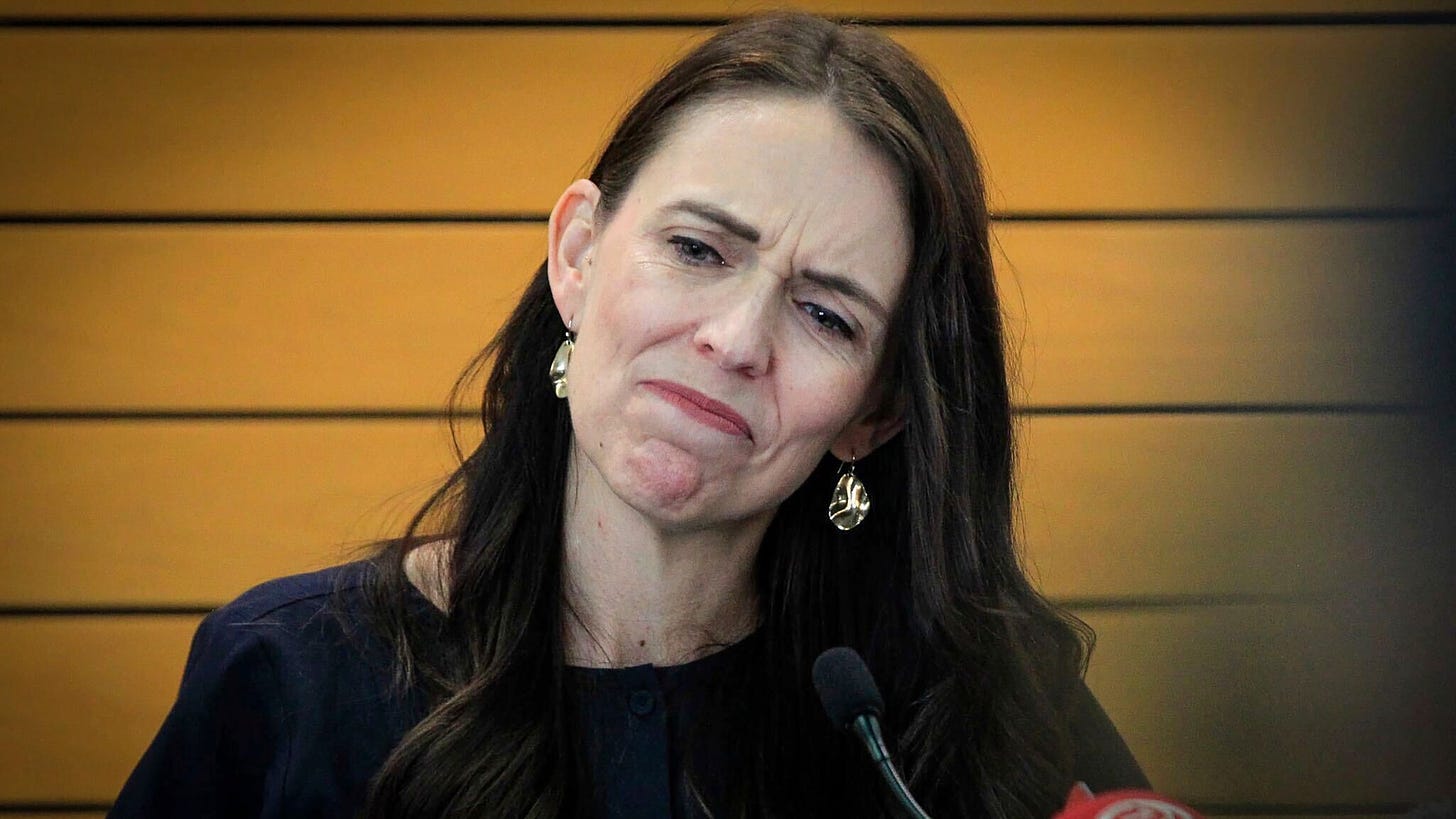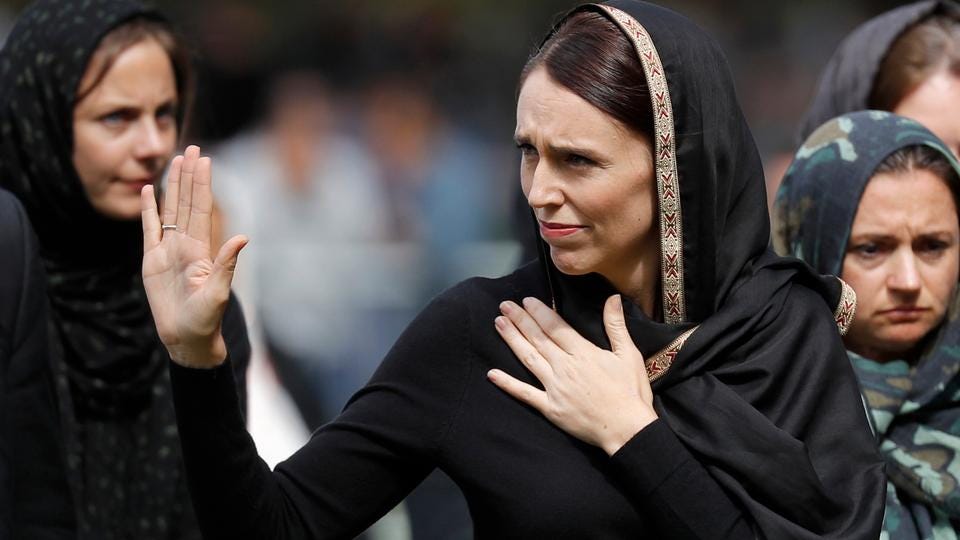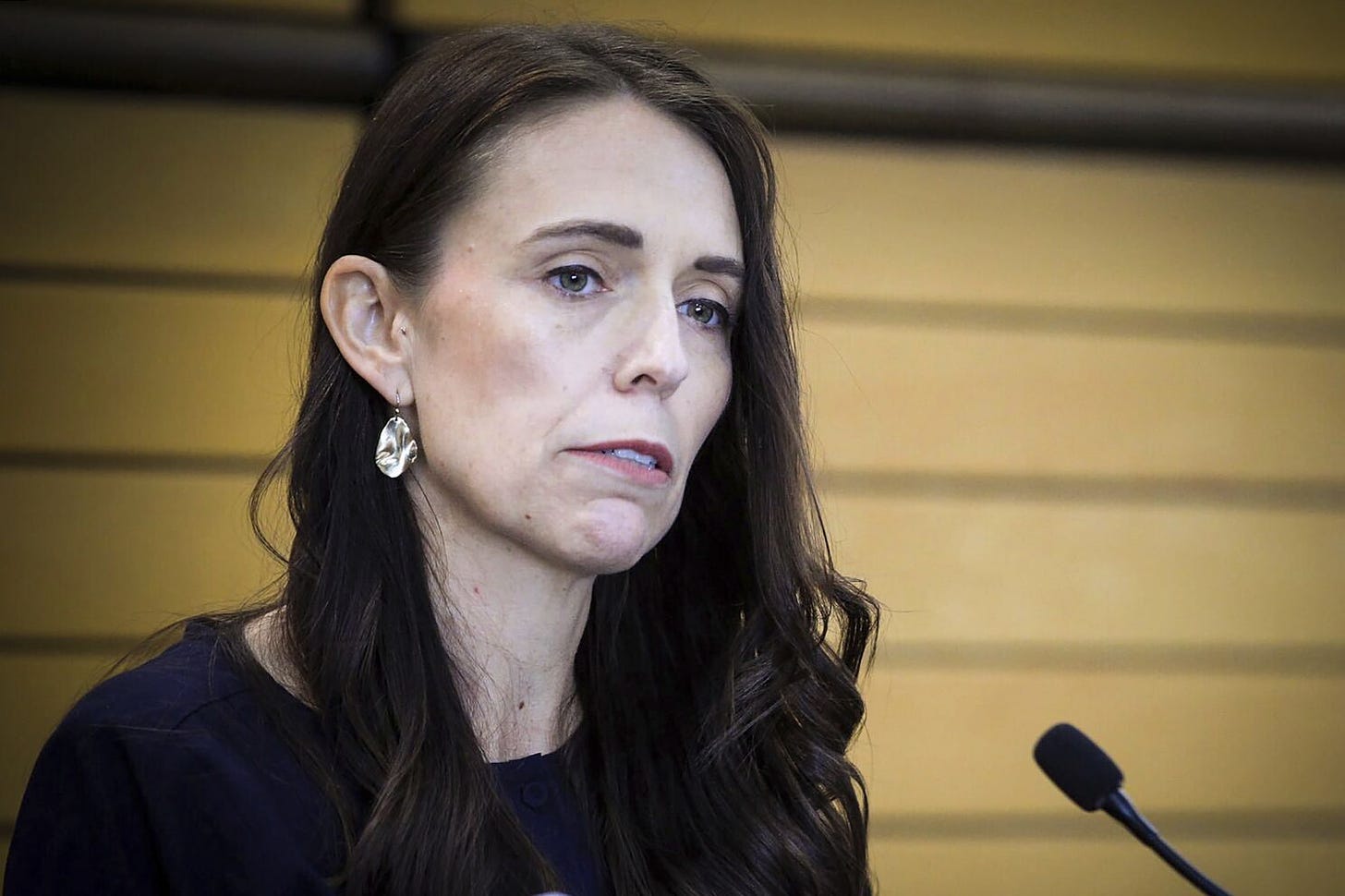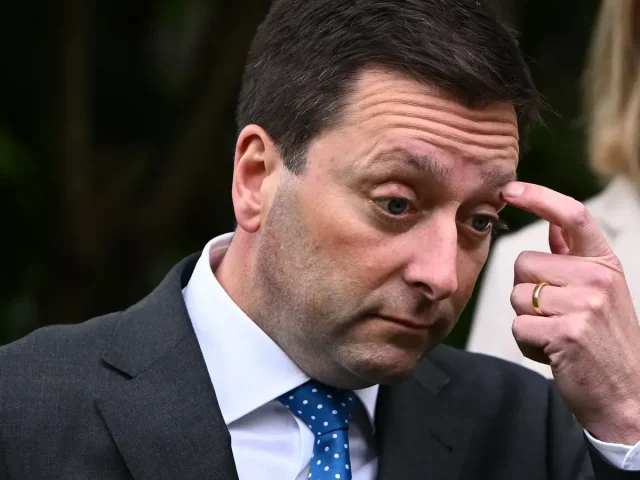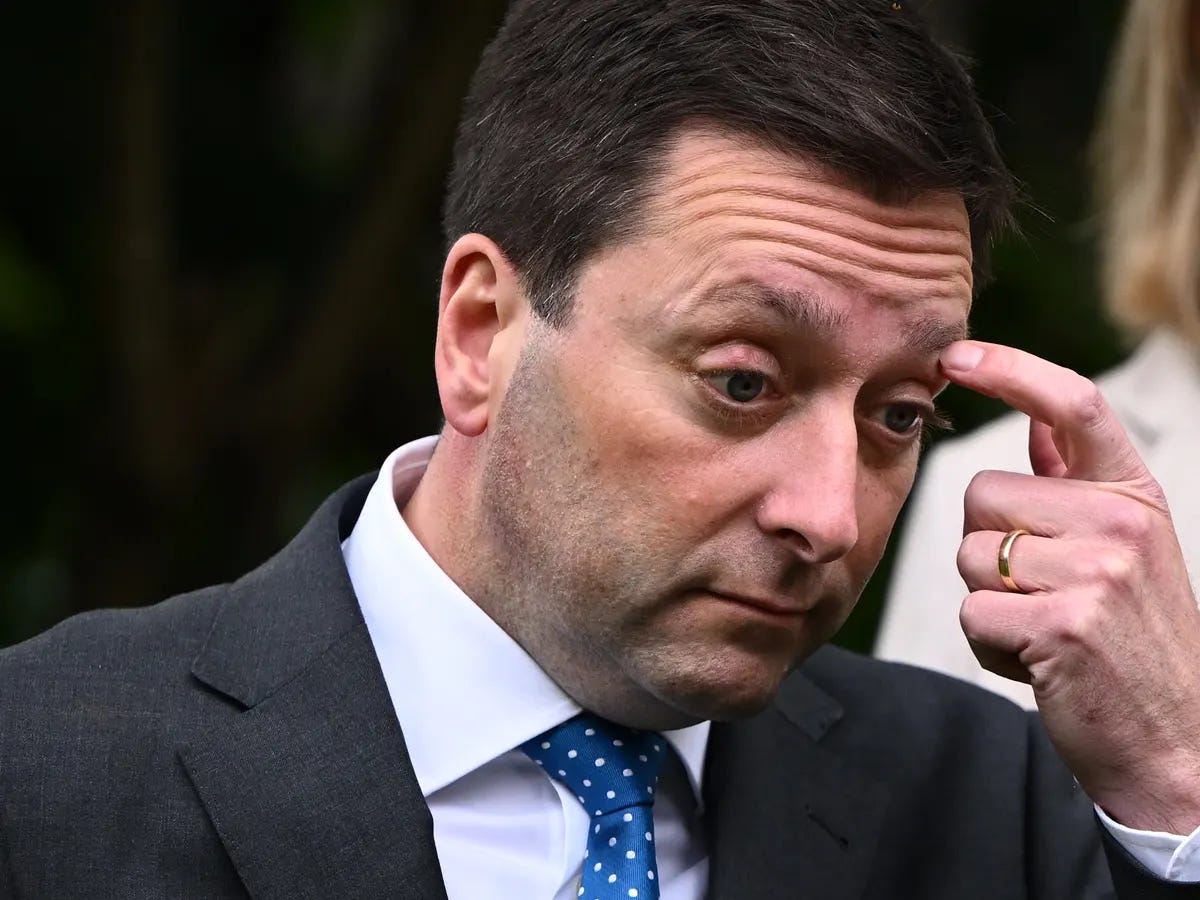The Consequences of Rent Control
As Australia faces a rental crisis, the Greens are agitating for rent control. Chief among their voices is Adam Bandt, whose clarion call is: “Unlimited rent increases should be illegal.”
The Greens and their cheer squad claim rent control protects tenants from excessive rent increases and provides affordable housing options. Such policies would be implemented in response to affordability concerns, shortages, and displacement risks in gentrifying areas. Advocates assert rent control maintains community diversity, prevents homelessness, promotes tenant stability, and offers security against sudden and drastic rent hikes.
Introducing rent control scores politicians quick points. However, the policies are vociferously opposed by the majority of economists.
Mr Assar Lindbeck was a Swedish professor of economics, a contributor to a Nobel Prize for Economics, and a socialist. Sweden also has the most restrictive rent controls of all OECD countries. Lindbeck wrote:
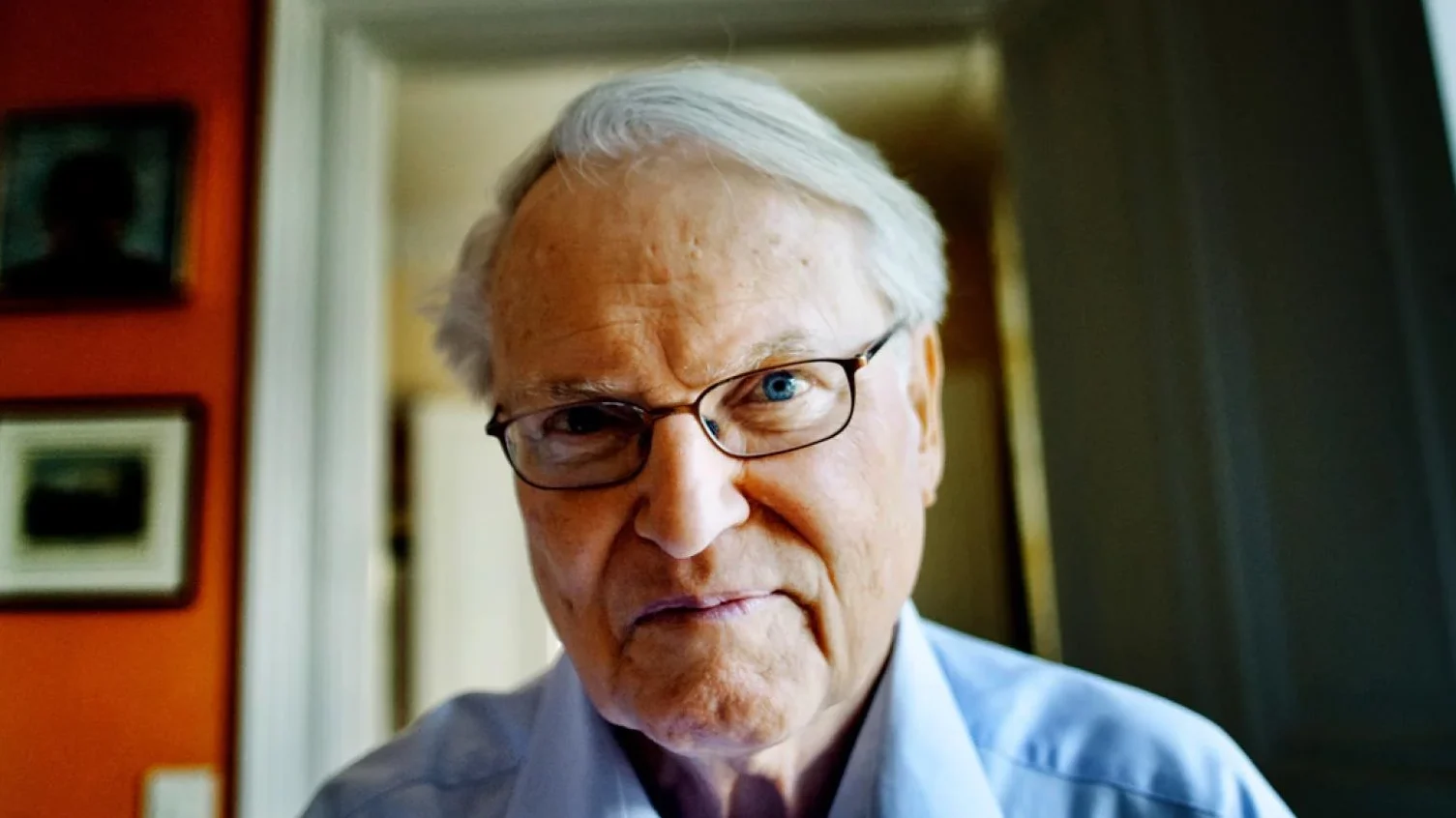
“In many cases rent control appears to be the most efficient technique presently known to destroy a city — except for bombing.”
Lindbeck’s quip on rent control highlights a rare consensus among economists. Across all persuasions (neo-classicals, Keynesians, Austrians and socialists), economists agree that rent control is a proven failure.
This is shown by the “Rent Control Survey” 2012 conducted by IGM (Initiative on Global Markets) Forum. To the question: “Local ordinances that limit rent increases for some rental housing units, such as in New York and San Francisco, have had a positive impact over the past three decades on the amount and quality of broadly affordable rental housing in cities that have used them” – 81% of economists decisively answered ‘Disagree’.
Rent control manipulates supply and demand dynamics, corrupting markets and causing inefficiencies.
It has a blighted history of unintended, negative consequences and can permanently affect rental housing markets. Contrary to the intended purpose as an anti-poverty strategy, poor families suffer worst of all.
As housing quality and availability declines, the middle class can often find alternatives. Poor families cannot. Higher-income households can also benefit under rent control, by receiving greater subsidies. In 2018, San Francisco city staff presented their first ‘Housing Needs and Trends Report’ and ‘Housing Affordability Strategy’ to a meeting of the city’s Planning Commission. A few notable admissions included:
- Households that moved into rent controlled units are much more likely to be higher income than in the past.
- Housing cost burdens worsened for all but the highest income households.
- The city struggled to substantially improve housing affordability for low and moderate‐income households, and does not have a comprehensive picture of how various policies and resources work together to achieve affordability outcomes.
Decreased profit margins incentivise landlords to prejudice tenant selection based on income and credit history. This disadvantages young, low-income families, especially single-parent households. It also impedes racial and economic integration by discouraging tenant mobility. In his study ‘Rent Control, Rental Housing Supply, and the Distribution of Tenant Benefits’ 2002, Dirk Early states “If landlords believe that larger households headed by young persons lead to quicker depreciation of their units, the rationing of units by landlords would lower the probability of larger and younger households finding rent regulated units.”
Rent control unfairly burdens housing providers, by forcing below-market rates of return. This effectively transfers income from property owners to occupants of rentals. Understandably, landlords and investors are reluctant to accept this. In his study “Rent Control Effects through the Lens of Empirical Research” 2022, Konstantin A. Kholodilin reviewed 60 studies from 18 countries. Over 50% demonstrate rent control’s negative effects on new residential construction. All the studies confirm rent control policies adversely affect quality of housing as decreasing rent revenue diminishes funds for maintenance and refurbishment.

Such proven, unintended consequences of rent control policies highlight the need for communities to explore alternative solutions for poor and middle-class housing. The libertarian solution to housing affordability and availability is elegant in its simplicity. Enable the free market to increase housing supply.
In 2011, councils across Perth, Western Australia were given individual infill development targets by the state government. By 2016, 94% failed to achieve their targets. More than half had not reached 50% of their goal.
Belmont, ‘City of Opportunity’, was one of the success stories. The city was proactively open and receptive to the market for over a decade. This encouraged robust investment. Belmont has maintained its infill development and continues to attract a wide range of families and businesses to live, work and invest in the city.
When considering rent control, it is worth reflecting on the adage attributed to Mark Twain “History doesn’t repeat itself, but it often rhymes”. Government enforced rent control predictably delivers negative outcomes.
The free market is the only proven means by which to solve Australia’s rental crisis.

Meaghan became a staunch anarcho-capitalist after a collection of life experiences that left her disabused of any vestige of goodwill towards the state and its attendant institutions. Notable experiences included university gender studies, and living under social democracy. Now, she writes to advocate for the abolition of the state.






